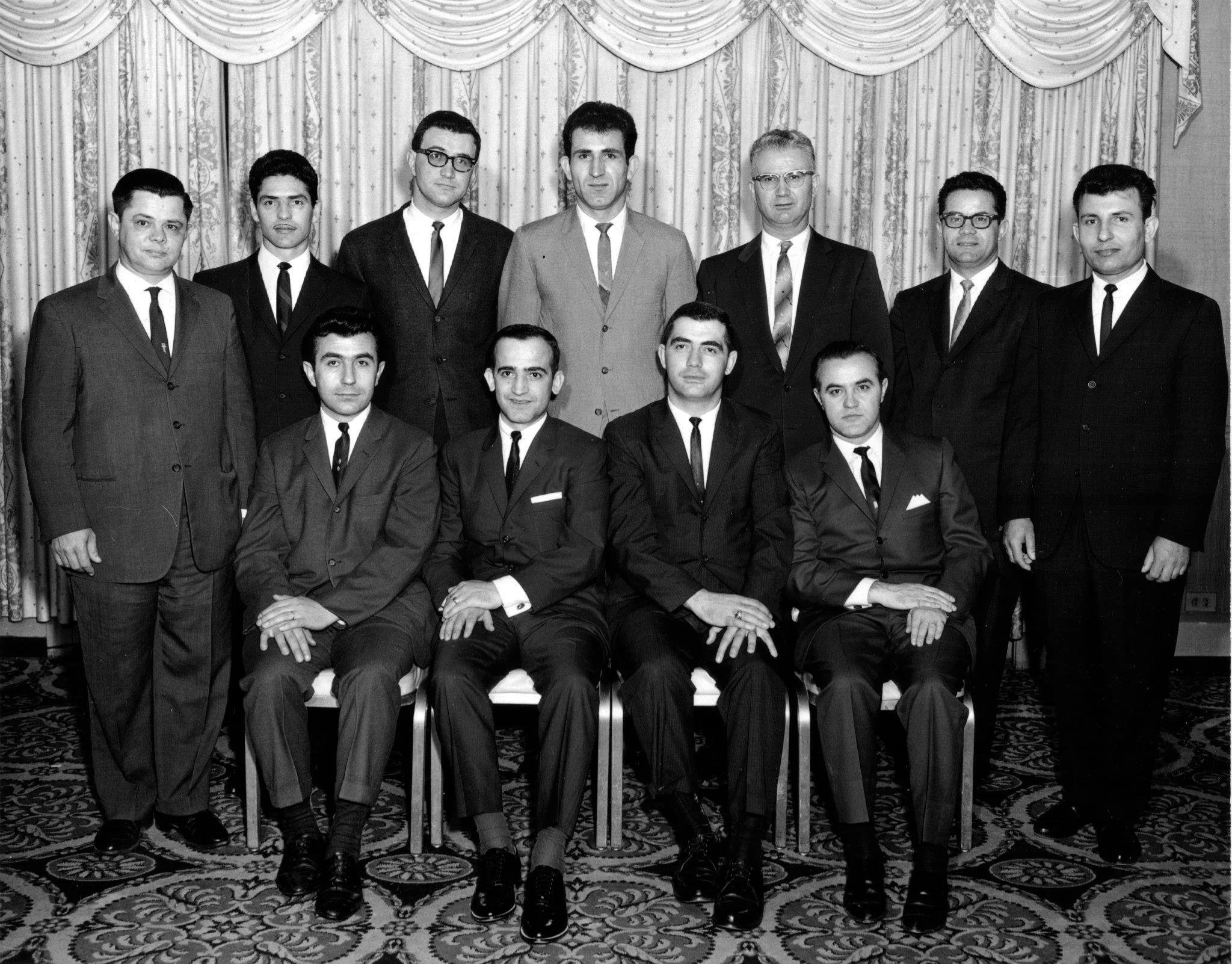Who we are
By Pascalis A. Papouras
Ancient Foundations
The origins of the Papouras Family are as ancient as the initial settling of the Indo-European tribes onto the wild and beautiful valleys of the Gramos mountain range at the end of the Third Millenium before Christ. Gramos has been essentially the frontier between the lands of the Illyrians to the north, and the lands of the Hellenes to the south. It likewise separated the ancient Hellenic realms of Epirus, established by the son of the ill-fated hero Achilles, and Upper Macedonia, established by the sons of the mighty Hercules. The Hellenes of Upper Macedonia were divided into two realms: that of Orestis to the west, including the cities of Argos Orestikon, Keletron (Kastoria) and Battyna (Nestorion) and that of Lynkestis to the east, including the city Herakleia Lynkestis (Bitola), although the people shared a common tribal identity as Dorians. North of the Gramos were settlements and military forts, including Moschopolis (Voskopoje).
As is consistent with all mountainous frontier regions throughout history, ancient historians identify the inhabitants of this region in turn as Macedonian Orestians, Macedonian Lynkestians, Epirotic Molossians, and even Illyrians. Nevertheless, as is also true of frontier regions, there was a significant amount of population movement and many marriages between the tribes, sometimes for love but more often to establish tribal alliances. Although these highland valleys seem distant and inaccessible, they played a significant role in the shaping of not only the ancient Hellenic world, but Civilization itself.
It was from Orestis that a young man named Argeas, the son of Makedon, traveled to lower Macedonia and established a Kingdom there whose eponymously named Argeades ruling dynasty would one day rise to global prominence under King Alexander III the Great. It is also of note that centuries after Argeas founded the Kingdom of Macedonia, his descendants were still selecting their military companions from Orestis, such as General Perdikkas, son of Orontes, who was the successor to Alexander the Great; General Seleukos I Nikator, son of Antiochos, who ruled all of Asia; Admiral Amphoteros and General Krateros, both sons of an Orestian nobleman named Alexander.
The military acumen of the Lynkestians was no less that that of their Oresteian neighbors, as the Battle of Lynkestis can attest in 423 BC. King Arrhabaios of Lynkestis, leading combined troops of his own men along with Illyrian irregulars, defeated the combined forces of General Brasidas of Sparta, the most distinguished Spartan officer during the Peloponnesian War, and those of King Perdikkas II Argeades of Macedonia. Perhaps his prowess on the field of battle was coupled by his political skills in ensuring that his granddaughter Princess Euridike would be married to King Amyntas III Argeades of Macedonia and bear him four sons, all of him would be crowned king, including Philip II, the father of Alexander the Great.
What more can be said regarding these individuals who by 323 BC had conquered the world and established the greatest cities ever seen, whether scholarly Alexandria on the sandy shores of Egypt, Antiochia the mercantilist center of Asia, the distant haunted city known only as Al-Khanoum in the heights of the Hindu Kish Mountains, or the glorious capital of Pella in Europe. Regrettably the Hellenic spirit of the glory of the individual is both a blessing and a curse. Infighting between these illustrious families and their respective realms over the next three centuries weakened them all and allowed a vibrant and youthful state to side one against another and supplant them all – the Republic of Rome.
To be continued…
